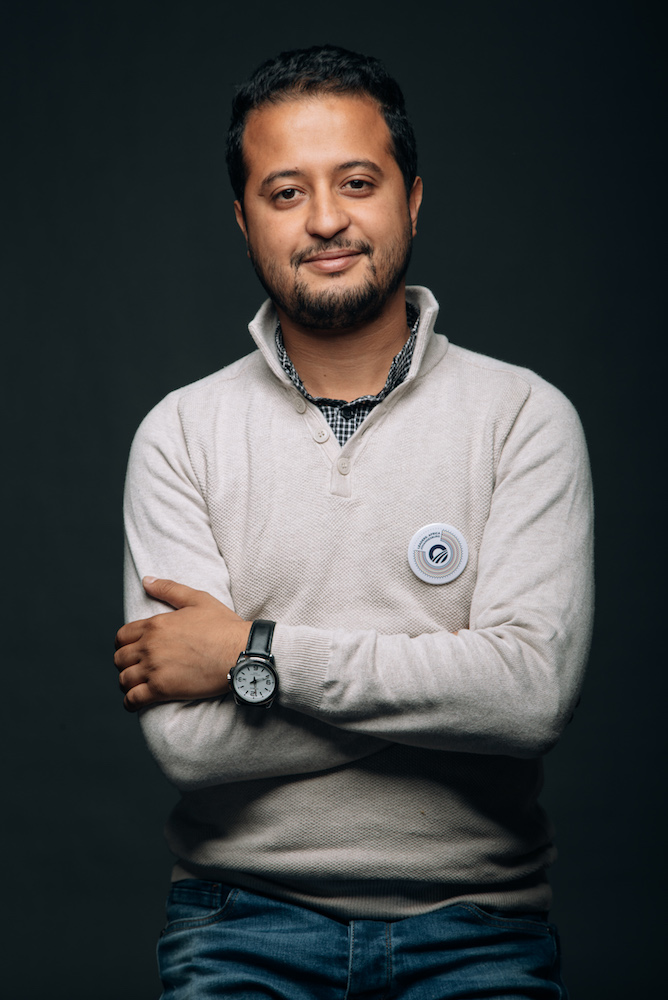Turkey ban on protest filming ‘unlawful, dangerous’ lawyers warn
ISTANBUL: Turkey’s Directorate General of Security under the interior ministry has issued a circular banning citizens from filming or recording police officers during demonstrations.
The circular, which was revealed by the Progressive Lawyers Association, came just before May 1 Labor and Solidarity Day celebrations across the country.
This year, due to the pandemic lockdown, only the leaders of some labor unions were allowed to hold memorials to mark the annual holiday, while workers were excluded.
More than 200 demonstrators were detained this year as they attempted to hold a May Day rally in defiance of the lockdown ban.
The circular was aimed at protecting security officials’ privacy.
Privacy violations sometimes led to images and voices of security personnel circulating online in such a way that their security and the safety of citizens is compromised, said the circular.
This prevents the fulfillment of their duties and leads to “popular misjudgments about the security department,” it added.
However, experts warn that the ban is unlawful and will threaten citizens’ rights by weakening police accountability and preventing evidence collection, especially in cases where police commit violence against demonstrators.
“There is no legal basis of such a circular. The constitution grants the right of privacy only to the individuals, and the public institutions and public officials are exempted from such protection,” Gokhan Ahi, a lawyer specializing in technology and IT laws, told Arab News.
“Therefore, this ban is considered baseless, because the acts of the police forces against demonstrators don’t involve their privacy. Otherwise, it would be unnecessary to put security cameras in police stations.
“The jurisprudence so far has noted that public officials cannot enjoy privacy clauses for the acts they commit in the public places. Each public officials should act legally when they are performing their duties, and anyone can register these acts,” Ahi said.
Registering such acts normally helps authorities identify unlawful behavior, and provide strong evidence and a de facto monitoring mechanism for judicial authorities, especially in cases of torture and mistreatment, Ahi added.
“The helmet numbers of the riot police were erased recently, while the authorities use an increased number of civilian police to intervene in social movements, which feeds the unaccountability for the mistreatment by police forces on duty,” he said.
Several journalists were prevented on Saturday from covering street demonstrations by recording the police crackdown on May 1 protesters, while photography equipment and smartphones were allegedly confiscated by police.
The Confederation of Progressive Trade Unions of Turkey said on Twitter that journalists filming the May Day demonstrations were being blocked by police.
Faik Oztrak, the spokesperson of the main opposition Republican People’s Party, warned that the move “could result in increased police brutality.”
He said: “Now, they will feel free to do whatever they want and bully people as they please.”
During the 2013 anti-government Gezi Park protests, where Turkish police suppressed protesters with tear gas and water cannons, 11 people died and more than 8,000 were injured.
Separately, Turkey’s Constitutional Court decided on April 29 that there was a violation of rights when the state denied permission for a trial of police officers involved in the injury of a protester during the Gezi Park protests.
Erdal Sarikaya lost sight in one eye during the protests when a tear gas canister fired by police hit his face, but he could not sue the government for his injury. Now, the trial against the police officers involved will begin eight years after the incident.

Turkey’s banks said to shy away from Erdogan’s ‘crazy’ canalFull COVID-19 lockdown adds to financial strain in Turkey




